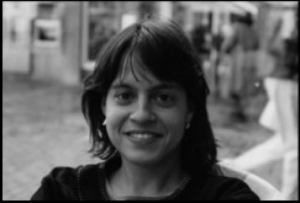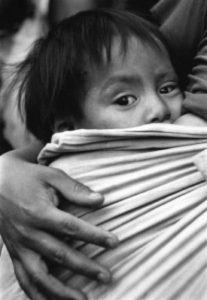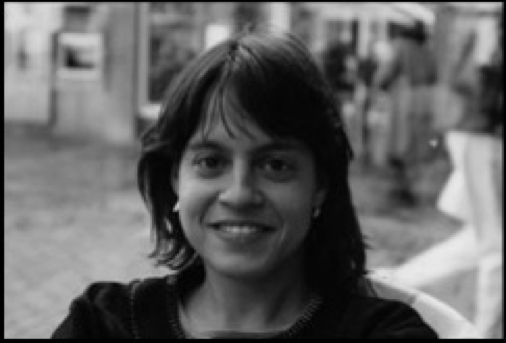A Portrait of a Peacemaker: Mev Puleo

During my time as a volunteer English teacher in Dar es Salaam, Tanzania, I hosted an overabundance of emotions. There were days when my purpose seemed so absolute, so certain. My internal desire to be present to the people and community who hosted me and the external doings of my everyday life aligned with such grace. And then, more often than not, there were days of uncertainty, where I lacked direction and purpose. Those days I floated, teaching English classes with muscle memory and a dazed disposition.
During my first year in Tanzania, when the honeymoon happiness of living abroad slowly peeled away, I looked for inspiration everywhere. The inspiration came in tiny faces and generous offerings, in music and often times in stories. Our house, although simple and small, was filled with books. One of them, The Book of Mev, remained as my inspiration throughout my time of service. Mev Puleo, ever a peacemaker and much more of a visionary, spent her life working in Central and South America. Just like myself, although with much more grace and finesse, Mev battled her own privilege and the power it armed her with.
Written by her husband, Mark Chmiel, The Book of Mev, explores the life of this peacemaker in the form of an extended obituary after her death in 1996. The book embodies social justice as Chmiel uses Mev’s life as an opportunity to teach about the injustices his wife worked to counteract with peace, presence and photojournalism. Mev’s inspiration came from the Central and Southern American communities and their people that often hosted her on her many travels to El Salvador, Haiti, and Brazil.
Mev often struggled with the realities of our harsh world and its effects on the people she loved the most—the poor. The Book of Mev is not a linear account of Mev’s life; rather a cyclical one that mirrors the pain of Mev’s progressive brain tumor back to the oppression experienced by the people at the center of her life’s work. Mev’s successful work as a photojournalist isn’t what makes her story so moving. For me, it’s the ordinary humanity that’s incredible. She was so committed to her work and to the common good, that she was willing to step out of the ordinary of “every-day” and into a stream of constant learning that transformed her thoughts, her concept of the world and her way of life. Mev stared at ordinary things, she asked herself ordinary questions like, “is my work making a difference,” and when the answer was no, which at times it certainly was, she wasn’t afraid to turn around, and to go back in order to move forward with purpose.
Mev inspired me in Tanzania, and her story continues to inspire me here with my work at MECC, encouraging me to ask questions that often send me forward, with certainty, and back again, seeking inspiration yet again. Where are you finding inspiration these days?

Holy Child; Chiapas, Mexico; 1983 Mev Puleo





Leave a Reply
Want to join the discussion?Feel free to contribute!